“Wear your sunscreen” is pretty much the golden rule of skincare in this day and age, and with good reason. Not only is wearing sunscreen the best way to prevent wrinkles and hyperpigmentation, it also lowers your risk of skin cancer. However, a new debate is emerging around facial sunscreen: mineral vs chemical. Spoiler alert: there’s no hard-and-fast rule, so let’s dive into the two types of SPF so that you can work out which is best for your skin.
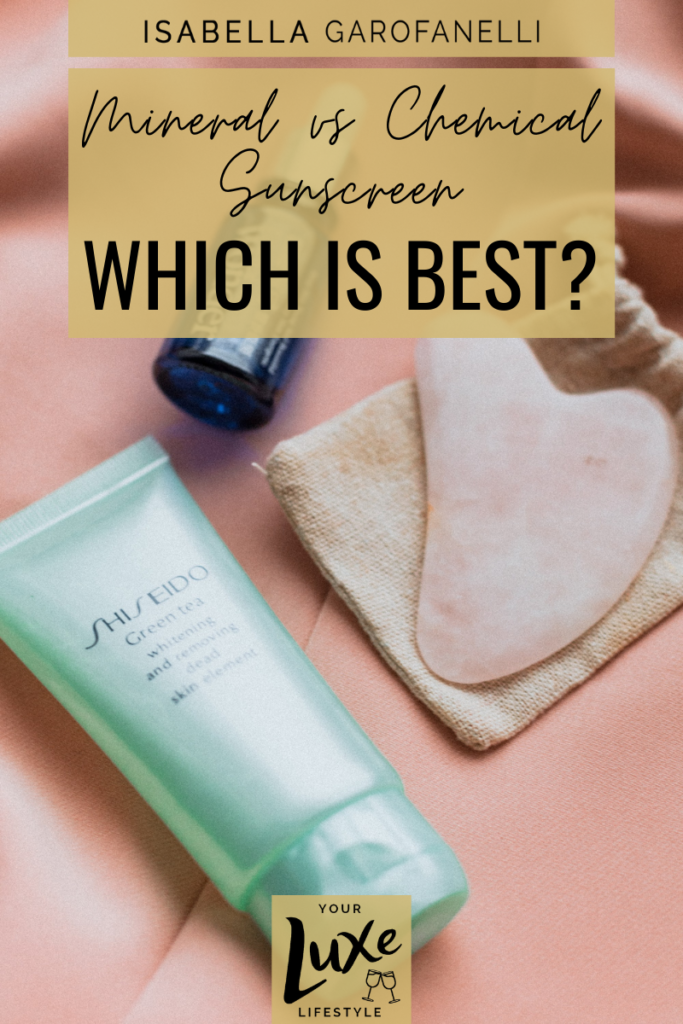

What is Chemical Sunscreen?
Chemical sunscreen is the traditional form of sunscreen, so the chances are you have used this plenty of times before. It works by absorbing the UVA and UVB rays so that they don’t damage your skin.
People hear “chemical” and think “bad,” which is not the case. However, there are concerns over some of the ingredients common in chemical sunscreen. It’s important to remember, however, that the FDA has approved these ingredients and danger is often relative to dosage. Think of it like this: a little bit of salt on your food is ok but if you emptied the entire shaker over your meal, you’d definitely get sick.
Some of these ingredients are:
- Octinoxate. There is some evidence to show that this chemical can cause hormone disruption in animals. The FDA also restricts the amount that can be used per product. One big issue with octinoxate is that it’s not environmentally friendly; in fact, in 2018 Hawaii banned its use in sunscreen products after evidence emerged that it contributes to coral bleaching. Many believe that it can also irritate the skin and trigger acne breakouts.
- Oxybenzone. Again, this ingredient is not exactly reef-friendly. There is also evidence to show that it can cause reproductive issues by disrupting estrogen and testosterone production. However, Harvard Health has concluded that the chemical provides no significant risk to humans.
- Padimate O. Evidence suggests that Padimate O releases free radicals, which can damage the skin and speed up the aging process.

However, there are definite advantages to chemical sunscreens, too. For one thing, they don’t leave a film on the skin and are thus less visible, which is especially advantageous for darker skin tones. Many people also find chemical sunscreens are more comfortable to use and I always say that the best sunscreen is one you’ll actually wear. Although there are concerns over the ingredients listed above, the sun is much more harmful and can do far greater damage in a shorter period of time.
Chemical sunscreens are less mattifying than their mineral counterparts and therefore tend to be well-suited to dry skin types. Whilst there are great chemical and mineral sunscreens out there, chemical sunscreens have been around for longer and so they are more widely available with many more choices for consumers. In my experience, it’s definitely easier to find a chemical sunscreen that feels just like a moisturiser than a mineral one.


What is Mineral Sunscreen?
Mineral sunscreens sit on top of the skin and deflect UV rays. It is sometimes also called “physical sunscreen” for this reason.
The two main ingredients in mineral sunscreen are:
- Zinc oxide is a naturally occurring white powder that reflects the sun’s rays away from the face. Whilst chemical sunscreen ingredients often irritate acne, zinc oxide can actually help to soothe and prevent breakouts. It’s a common ingredient in nappy rash creams, so it’s perfect for sensitive or irritated skin.
- Titanium dioxide also occurs naturally. It is safe for use in skincare but the powder form can be dangerous when inhaled. Of course, this shouldn’t be a problem in this context since you don’t breathe in your sunscreen!
You don’t have to reapply mineral sunscreens as often than their chemical counterparts, which is certainly convenient – especially if you’re wearing makeup. They are also less irritating to sensitive skin and tend to produce a mattifying effect which is great for those with oily skin.
However, studies show that mineral sunscreens tend to provide less effective protection against UVA rays, which affect deeper layers of skin than UVB and contribute more to premature ageing.
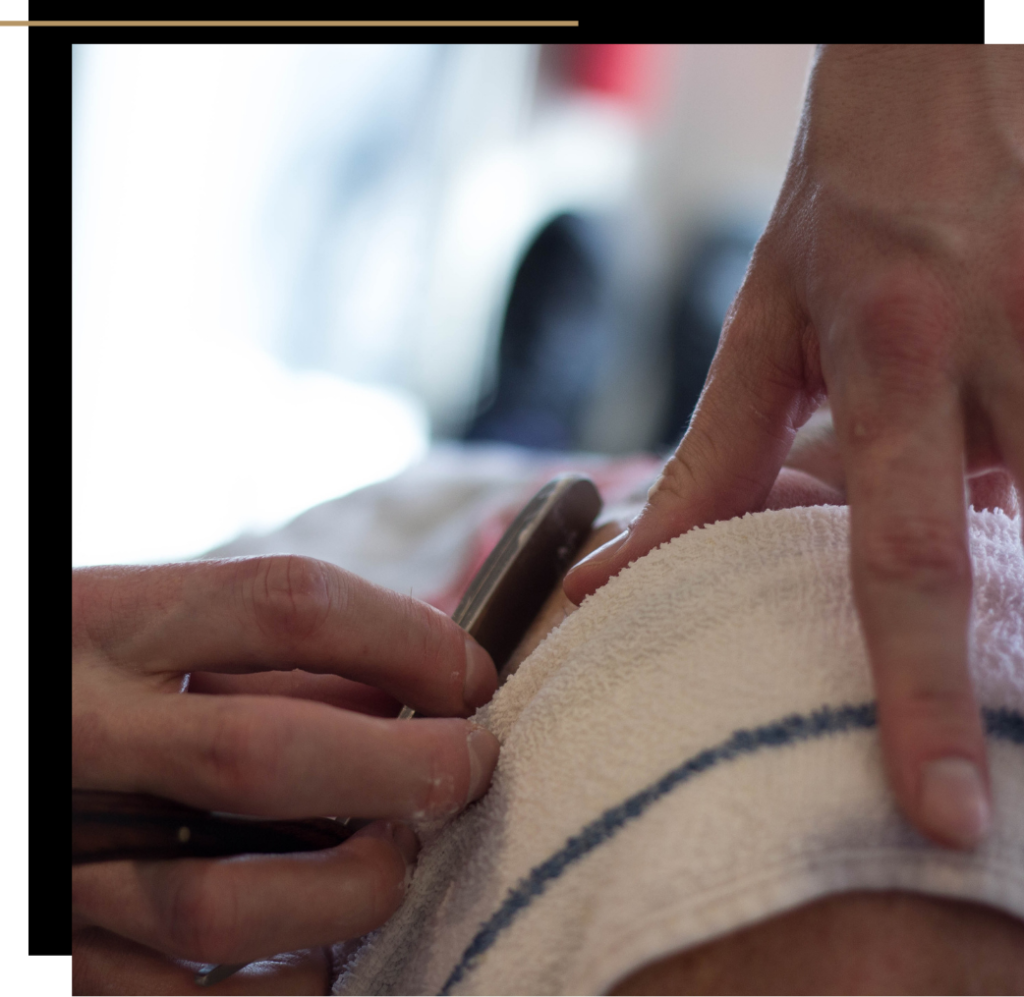

Which Sunscreen is Right for Me?
The right sunscreen for you depends on your concerns and skin type. Since mineral sunscreens tend to have a mattifying effect, they are great for oily skin. Chemical sunscreens, however, do the opposite and so may be better for dry skin.
If you are anxious about long-term exposure to potentially toxic chemicals in traditional sunscreen, then err on the side of caution and go with a good mineral option. However, bear in mind that sun damage presents a far greater risk than a chemical sunscreen ever will.
For example, if you run out of your favourite mineral sunscreen whilst travelling and are unable to find a good replacement, go with a chemical alternative until you can. The sun can seriously damage your skin in a matter of hours, whereas any potential side effects of a chemical sunscreen would only occur with prolonged use. Chemical sunscreen is always better than no sunscreen!
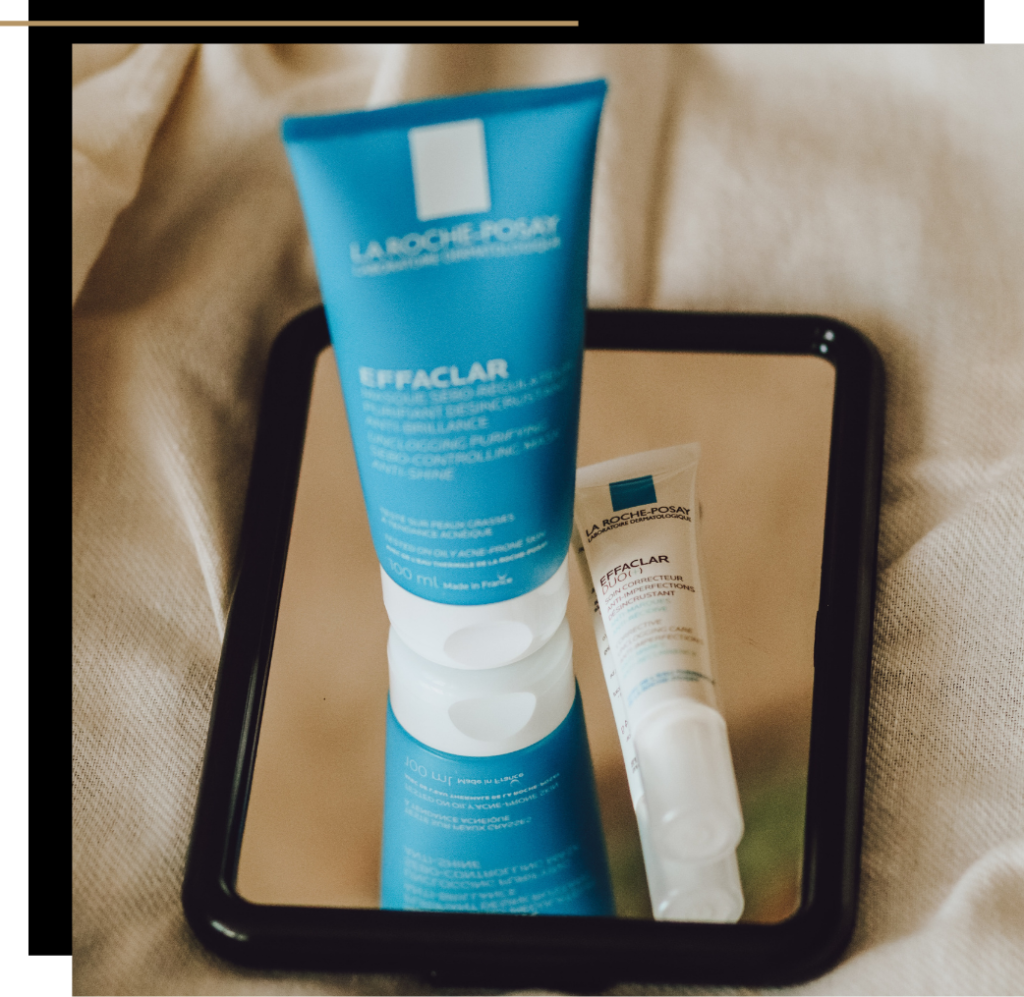

The Best Sunscreen Products
It’s really important to find a sunscreen that you like wearing, otherwise you’ll find excuses not to. I have tried some great chemical and mineral sunscreens recently, and these are my favourites.
Chemical Sunscreens
La Roche Posay Anthelios Invisible Fluid is practically a cult favorite at this point. It’s lightweight, fast absorbing and provides high levels of protection whilst being gentle on the skin – what more do you need? There’s a tinted version available, too.
Ultra Violette’s Queen Screen Luminizing Sun Serum is probably my favorite product right now. It smells gorgeous and gives a beautiful, dewy finish. I’d say it feels more like a luxury serum than a sunscreen, and I find myself reaching for it time and time again.
If you’re looking for a vegan, organic, reef-friendly sunscreen then Coola Suncare’s Classic Face Organic sunscreen is perfect. It’s super sustainable and contains skin-soothing white tea, as well as protective plant extracts. This is great for anyone looking for a clean chemical sunscreen.
Mineral Sunscreens
Clinique Mineral sunscreen is light and silky, so it’s perfect to wear under makeup. I tend to go for the SPF 50 version if I’m out at the beach or outdoors during the hottest part of the day. For summer evenings I put the SPF 30 version underneath my makeup.
The Dr Dennis Gross All Physical is perfect for city-dwellers, since it has anti-pollution ingredients to further protect the skin against environmental damage.
Kiehl’s Ultra Light Daily Defence is another firm favorite of mine. It absorbs beautifully and gives me a nice glow!

For more on skincare, check out this list of the top luxury serums or my guide to noninvasive skin tightening procedures.
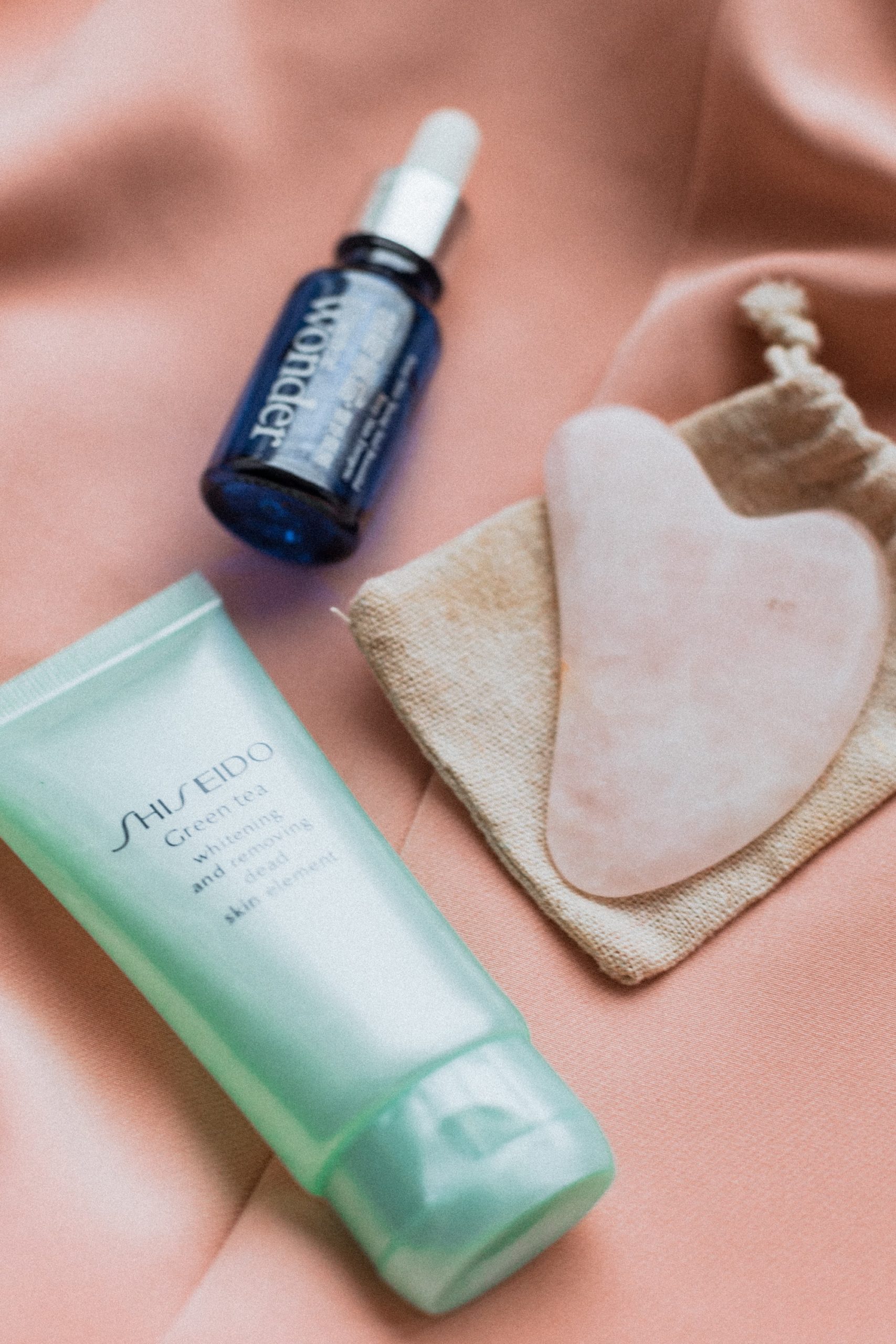



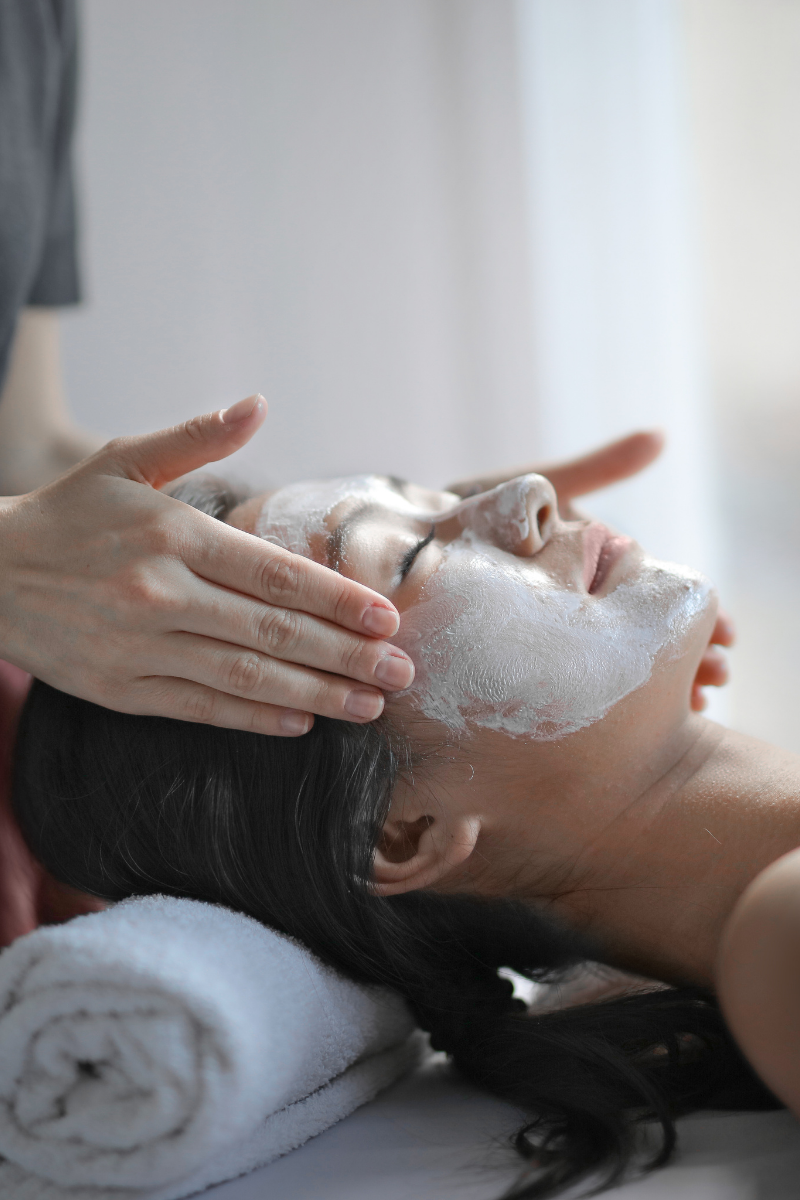
[…] a big debate about the benefits of chemical vs mineral sunscreen, but pretty much everyone agrees that either type of sunscreen is better than none at all. To find […]
[…] approach. This could mean going back to basics and simply using a cleanser, moisturiser and SPF, although I would personally add a serum in there, […]